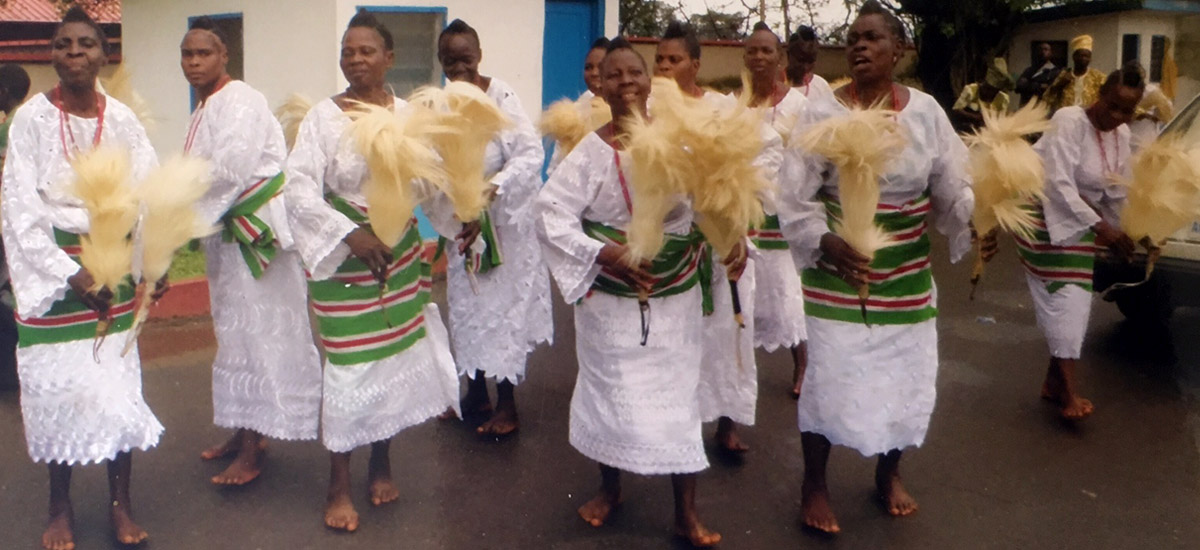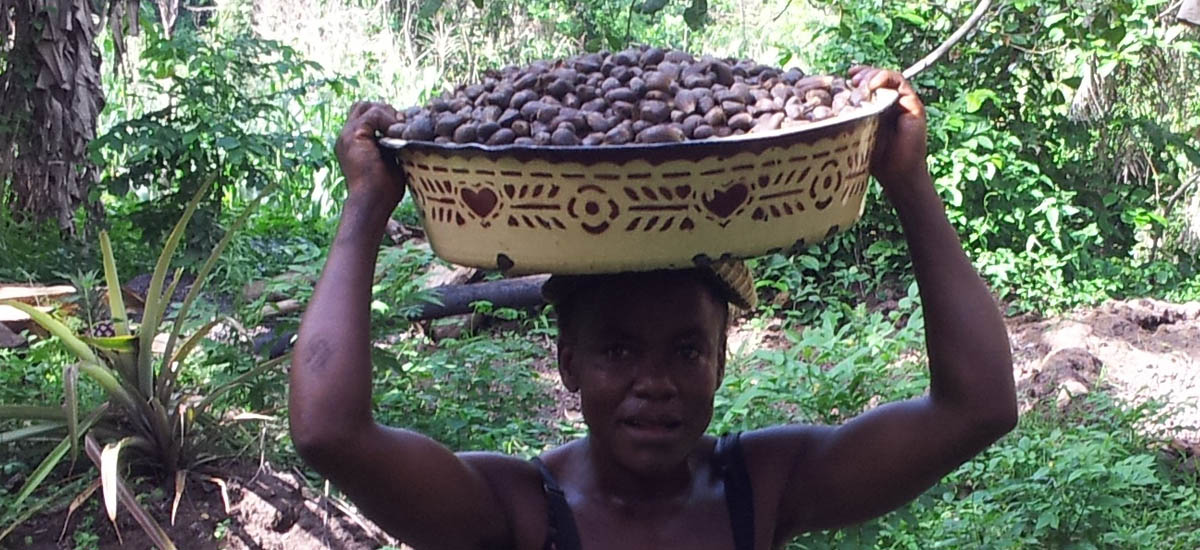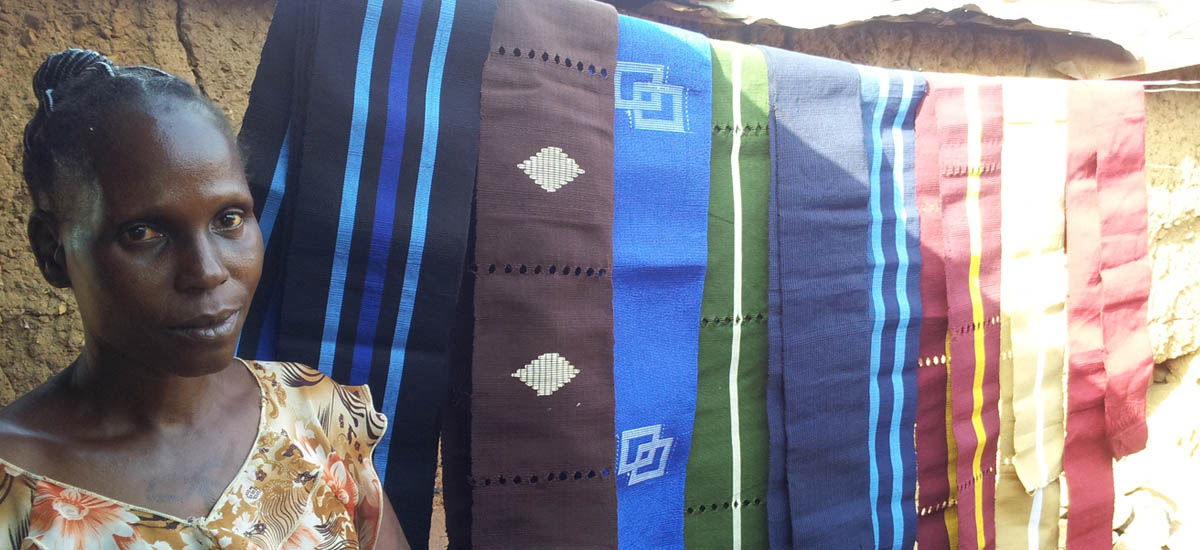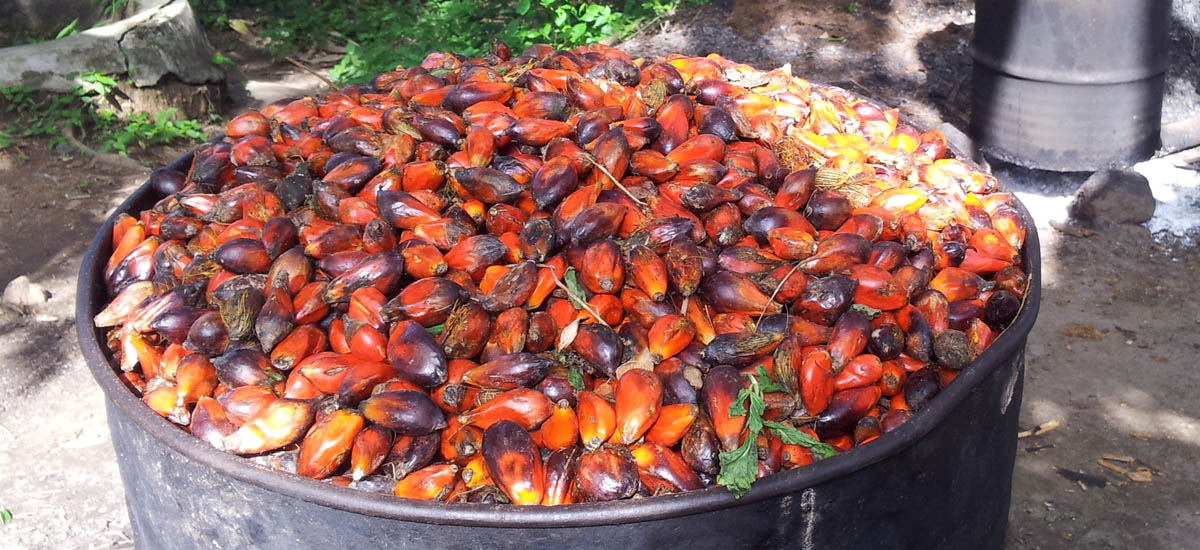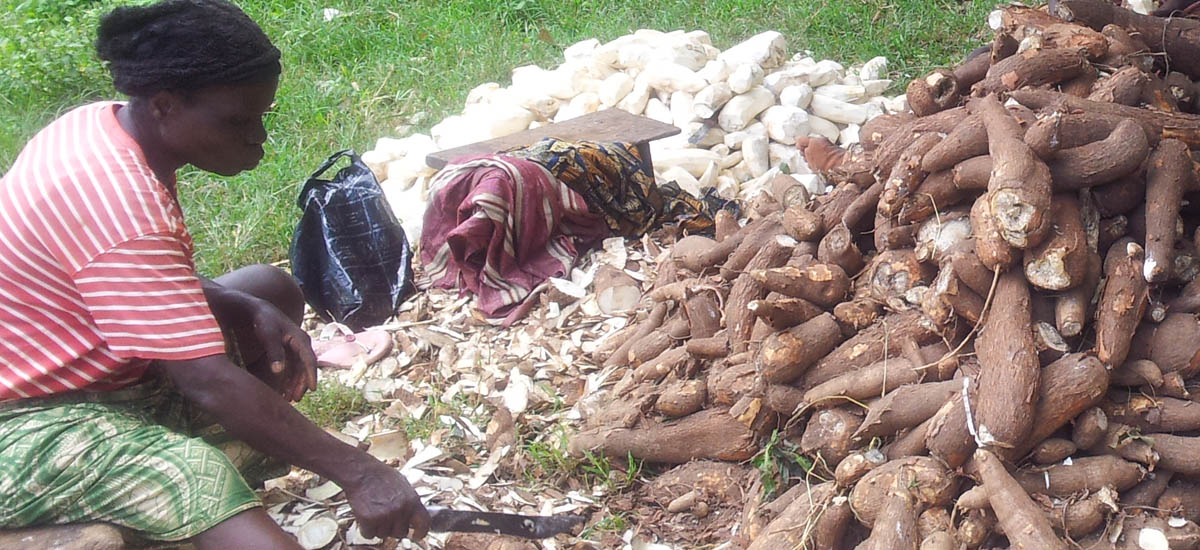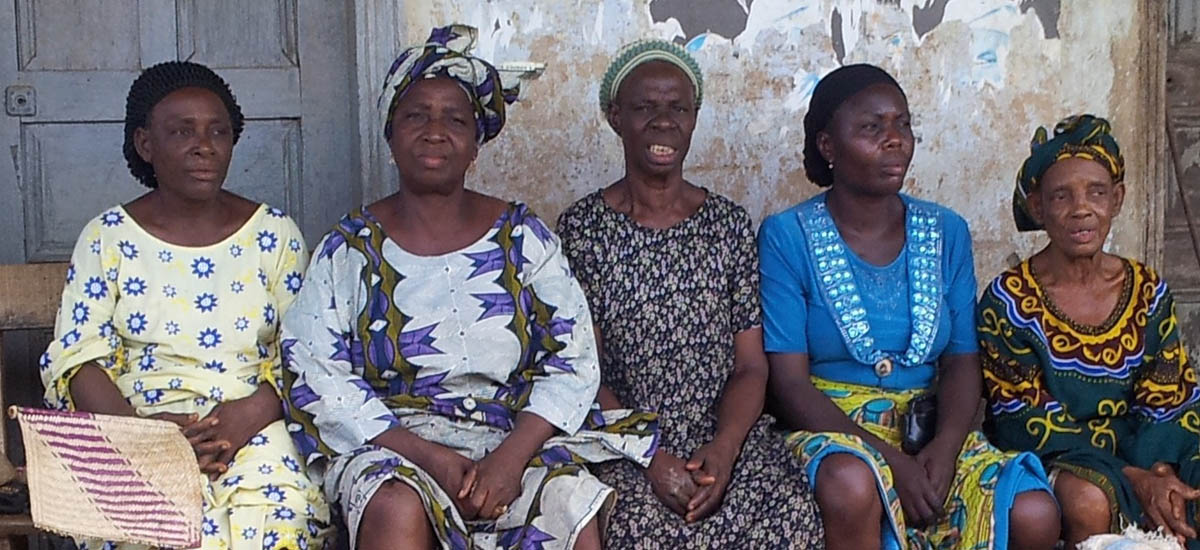Afonbierin afterwards decided to expand his territory by encouraging passersby to live permanently with him. This led to the founding of the different wards as other sets of people arrived.
Okerowa
Okerowa was the first settlement in Igogo. As earlier detailed, Afonbierin settled in Okerowa with everyone that arrived with him from Ile Ife.
Ilegosi
Ilegosi was founded by a man believed to be a younger brother to Afonbierin. He left Okerowa due to a misunderstanding with his brother and built his hut at Ile Eyemoje in Ilegosi Aba. The man had two sons whose names were Ateere Osi and Atipe. Ateere Osi built his house at Ojuleaarin while his younger brother founded Ile Abatipe. Hence we now have Ile Eyemoje, Ileaarin and Ile Abatipe in Ilegosi.
Isaba
Agbokangba was the first to emerge after Afonbierin had founded Igogo. History revealed that he came from Isaba in Ikole Ekiti. He was an expert in herbal medicine and witchcraft. While traveling through Igogo, he put up briefly with Afonbierin and his usefulness was recognized.
Shortly after Agbokangba departed Afonbierin’s place, the wife of Afonbierin fell into labour. Emissaries were mandated to race after Agbokangba and he was met at a place popularly known as Esekogbeji in Igogo. Agbokangba returned with the emissaries and delivered Afonbierin’s wife of first son, Egosi. As a result of this great favour he did to him, Afonbierin persuaded Agbokangba to settle with him.
As more people immigrated to Igogo, Agbokangba was assigned the responsibility of ascertaining the loyalty of new comers through his witchcraft.
Agbunikegere, one of the two sons of Agbokangba later settled close to Ile Osanyin at Isaba South while the other built his at the present Ile Aarin. This is why we now have Odo Isaba, Oke Isaba and Ile Aarin. Agbokangba was the first Asaba.
Idemo
Ojikutumoye, a great warrior believed to have arrived from Ilesa with his men, were also persuaded to settle in Igogo. He played a vital role during the formative period as the administrative adviser to Afonbierin. To compensate him for this, he was conferred with the chieftaincy title Obaaro and second to Afonbierin.
Igbindin
Igbindin is traced to Ijewu in Otun, as well as Ojulemeta, Ori Egun and Oke lladun. All are parts of Idemo ward.
Isalu
Isalu people were invited to come and join in developing the settlement from Oroke Ejo (now Oroke Egi) where they temporarily settled. They were notable for drumming and this attracted Afonbierin and his men. Afonbierin would invite them for entertainment during festivals initially. Abasoosunbiadodo (Atanlokobiadodo) accompanied by Ajijatuuru Iyangbo and Obapetu led Isalu people to Igogo and became the first Obasalu. His friend, Abiribookunkun, and his son, Okogiiri, also joined Isalu wards.
Abiribookunkun was said to have come from Esa and hunting and farming in the present day Ewu Ekiti. Abiri left Esa due to a chieftaincy dispute. He arrived in Ewu when the inhabitants were being threatened by war and helped them in beating back the enemies. It was during one of the hunting expeditions that he met Atanlokobiadodo. They became friends and Atanlokobiadodo influenced him to join his people at Egi before they later moved to Isalu. When departing Ewu, Abiri bequeathed his land to Ewu. However, part of this land has been reverted to Igogo by the ruling of the West African Court of Appeals.
Ojuleojoko that was formerly part of the Ori Egun people. Ori Egun were the last set of people to join Isalu. Atanloko was the head of Ojulemoarulu and the whole Isalu. Abiri led Ojulenla and was later installed the first Eisinkin of Igogo.
Ajijatuuru Iyangbo refused to stay in the same place with Abasoosunbiadodo and settled at Ilowu, a fair distance where both could see each other’s light glowing at night. This explains why once in a year Ilowu and Isalu people exchange cordial visits and collected embers of fire from each other to commemorate genuine friendship between their forefathers at the time they settled in Igogo.
Ilowu
The first people to settle at Ilowu also came from Ile-Ife. They were initially living at Odo Urou before they were encouraged to come and settle with the existing inhabitants who by this time had formed a sizeable number. Their leader, Abatukon, became endeared to Agbokangba because they both share interest in Ifa divination. Abatukan was a great Ifa exponent.
A stubborn son of Agbokangba, Agbunikegere, ran into Abatukan and his people at Odo Urou. Agbunikegere recognized Abatukan as an Ifa man and reported this to his father. Agbokangba immediately sent Ude Ifa to Abatukan through Agbunikegere. During an exchange of visits, Agbokangba advised Abatukan to relocate with his people and live in the same abode with other people around. Abatukan would have agreed immediately except for his people’s already installed idol, Esu Ilowu, which must never be brought to a living community.
Eventually Abatukan agreed to relocate this idol to a nearby bush where Agbokangba could offer sacrifices to it. The place was thereafter called Igbo Esu. Abatukan settled at present Ile Aarin in Ilowu. His son later settled at present day Oke Okin.
Due to challenges in expansion, some part of Ile Aarin had to move to Odo Ilowu. Hence Ilowu consists of Ile Aarin, Odo Ilowu and Oke Okin.
Idoka
After Okerowa, Isaba, Idemo and Isalu wards had fully settled in Igogo, Agbadamuosun Ayagbabolorujo led a group of people from Ijoka quarters of Ilesa to Igogo and settled at Idoka ward. Hence Idoka people generally do things in common with the Idemo ward since they are believed to have hailed from the same place.
Atabaraka Igbodijumo Efon Atakakadijuona was the next in command to Ayagbalabolorujo among those who arrived from Ilesa in Igogo then. Their first abode was Igbo Egungun Oko. Ayagbalabolorujo became the first Odoka.
Igbede
Igbede people came to Igogo from Ire under the leadership of Agbogborobooji when seven wards had already settled down. They were blacksmiths. Afonbierin was holding a meeting with his chiefs at Imeeregun when a sound of metal smelting caught his attention and he sent for the blacksmiths. The people were led by a man who was physically recognized as a chief because of the traditional chieftaincy beads and other paraphernalia of the title that he had with him. He was invited to join the settlement but he refused, unless he would be accorded Obanla, a second position to Afonbierin, who had offered him the third position. But the third position holder, Obasalu objected. The case was finally settled when Obaaro Ojikutumoye resolved to cede his second position and become number three. Since Obasalu could in no way supersede Obaaro, he reluctantly took the fourth position.
Igbede people were the last to settle in Igogo. They also have Ile Oke, Ile Odo and Ile Aarin.
Some minor wards fall under the umbrella of the major ones mentioned above but their origin may differ entirely from those of the main wards. They co-exist because of common interests, traditional festivals and other social ways of life.

